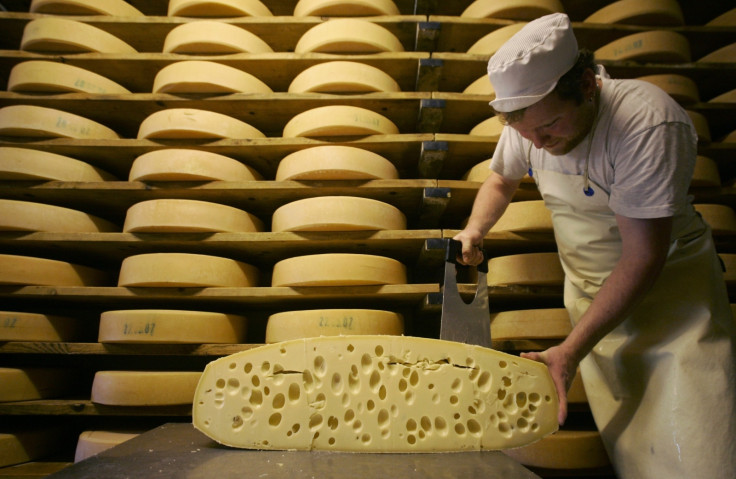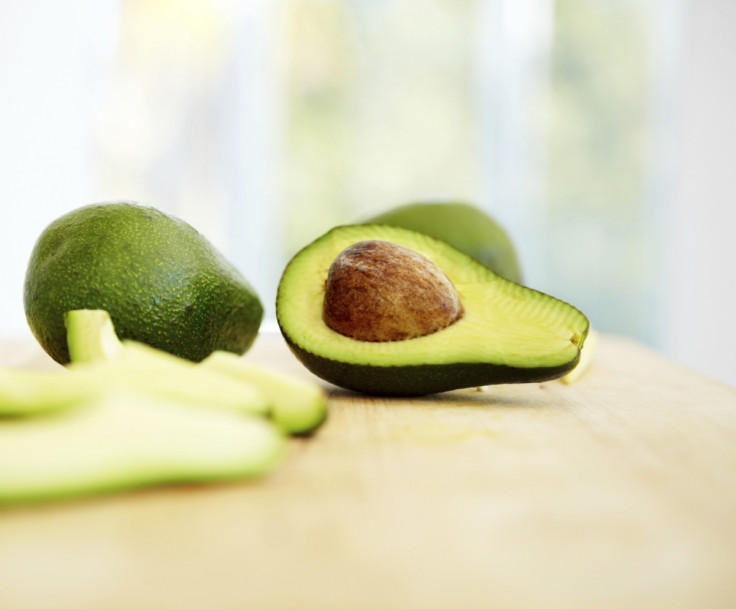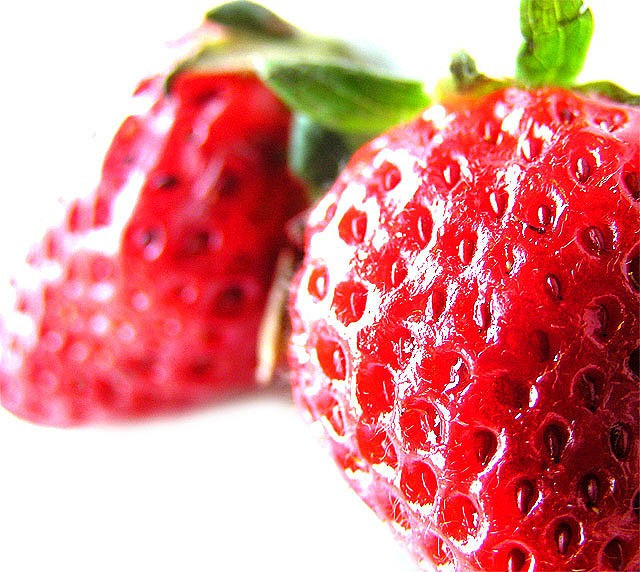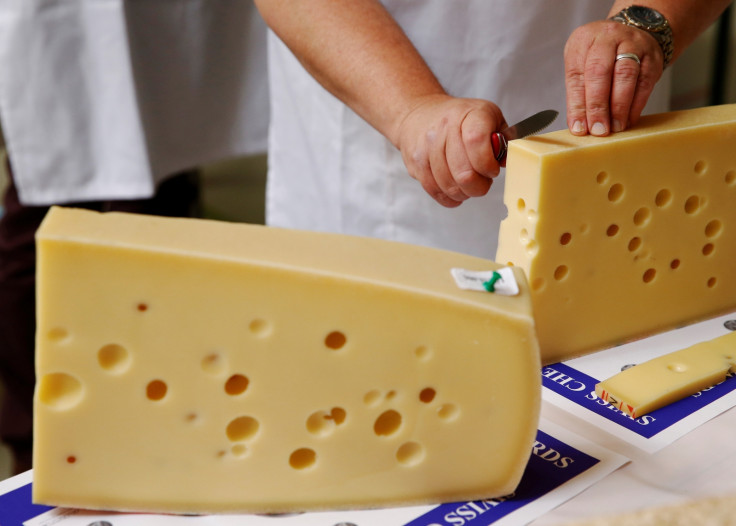Four simple hacks for preventing food waste

KEY POINTS
- 7m tonnes of food is wasted in the UK.
- A major UK retailer has announced plans to sell food past its "best before" date.
East of England Co-op has become the first major retailer in the UK to reveal plans to sell food past the "best before" dates on its packaging, in a bid to cut food waste.
The 125 branches of the supermarket in East Anglia, which is independent of the Co-operative Group, will sell dried and tinned goods such as rice and crisps for 10p, BBC News reported.
The announcement comes days after the food waste campaign group Wrap urged retailers to make date labelling on products clearer.
Each year, 7m tonnes of food is wasted in the UK - with 2million tonnes of that due to confusion over date labels, according Wrap.
If food waste is all too familiar, try adopting these four hacks at home.
Avocados

Does it ever feel like avocados are only edible for a few seconds? One minute, the avocado in your fruit bowl is as hard as a cricket ball, and the next it's brown and rotting.
To preserve avocados for as long as possible, stick it in the fridge as soon as it starts to go soft rather than leaving it in the fruit bowl, Dana Gunders, a food waste expert, advises on her website.
Milk

Thanks to Louis Pasteur, that French biologist who in 1859 showed that heating wine or beer prevents the growth of microbes, the milk we buy is pasteurised. This process involves heating a product to 71C and rapidly cooling it to kill microbes.
The most harmful bacteria present in milk is, therefore, removed before it reaches supermarket shelves. The problem is that curdled milk is hardly appetising. But soured milk can be used as a replacement for buttermilk in pancakes or scones, as well as to make yogurt.
Strawberries

The fuzzy tufts of white mould that appear on these summer fruits can be prevented by making sure they don't touch when they are stored. Ideally, lay them out on a paper towel in a tray or aerated container.
If you're short on space, wash them in a solution of three parts water to one part white vinegar before rinsing under a tap and drying thoroughly.
Cut off mould

When our favourites foods show signs of spoiling, it's tempting to simply lop off the offending part and hope for the best. But this is only safe to do in certain instances.
For example, mould is less likely to spread in hard cheese because it is dense and dry. So slicing the mould off a gouda or parmesan is generally safe. Scooping the mould off a feta or a mascarpone, on the other hand, is not worth the risk.
A similar approach should be taken with porous foods such as bread and cakes, Dr Alisa Hocking of Australia's Commonwealth Scientific and Industrial Research Organisation Agriculture and Food body recently told ABC news.






















